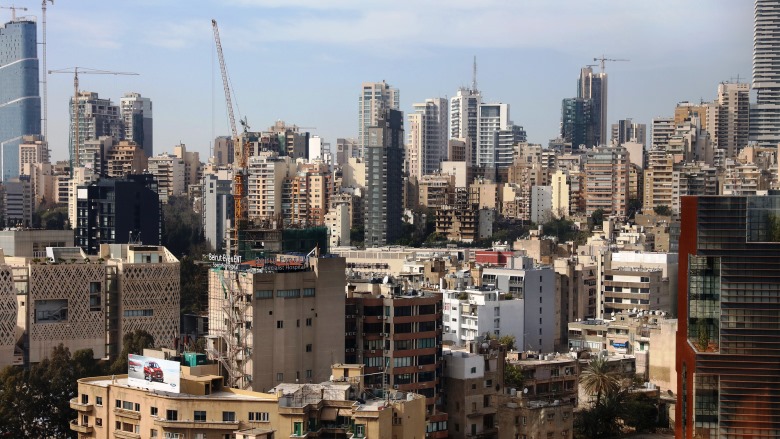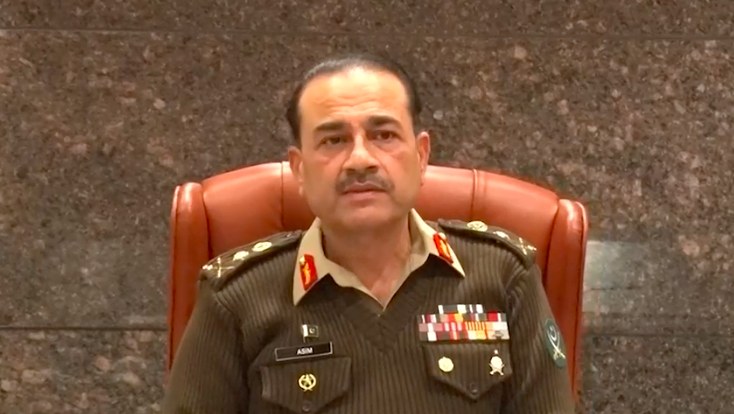ghazi52
PDF THINK TANK: ANALYST

- Joined
- Mar 21, 2007
- Messages
- 101,792
- Reaction score
- 106
- Country
- Location
,.,..

September 3, 2023
ISHAQ Dar lives in a world completely divorced from reality, a world where he can be a self-styled ‘saviour’. During a media talk in London, the former finance minister once again boasted of having rescued Pakistan from the verge of defaulting on its foreign debt payments.
As always, he conveniently skipped the part where he botched the previous IMF loan programme that his predecessor and party colleague had helped revive after significant fiscal adjustments and months of tough talks with the lender. Nor did he mention his own role in bringing the country to the brink of the default he now claims to have averted.
Indeed, Pakistan’s economy was not faring very well when PML-N leader Nawaz Sharif removed Miftah Ismail unceremoniously from the Q Block and dispatched Mr Dar to Islamabad to replace him. Yet, investor confidence had clearly started to improve on the revival of the loan deal with the IMF, and Pakistan was expecting to successfully complete the next programme review that would have paved the way for more official capital inflows and ameliorated its balance-of-payments position.
However, Mr Dar’s advent totally changed the scene, reversing whatever little progress had been made since the revival of the IMF loan facility. His preoccupation with manipulating the exchange rate for a stronger rupee, as well as controlling interest rates, sabotaged Pakistan’s relationship with the IMF.
No matter what he did later — for instance, imposing huge additional taxes on already taxed persons through a supplementary finance bill and devaluating the currency — he was unable to convince the IMF to complete the pending review and release the money.
The deepening economic crisis, characterised by entrenched inflation, steep rupee depreciation and rising costs of power and fuel that we have on our hands today is largely because of his obsession with a strong rupee and low interest rates, as well as his failure to cut the huge fiscal deficit by taxing the undertaxed and untaxed sectors.
He says his party has paid a heavy political price to avert a sovereign default. What about the unimaginable price the majority of Pakistanis are forced to pay every day, and will continue to pay for the next several years because of his flawed policies and gimmickry? No wonder many don’t want him to return, at least not to Q Block.

Pakistan’s deepening economic crisis is largely due to Ishaq Dar’s flawed policies and gimmickry
Dar’s delusion
EditorialSeptember 3, 2023
ISHAQ Dar lives in a world completely divorced from reality, a world where he can be a self-styled ‘saviour’. During a media talk in London, the former finance minister once again boasted of having rescued Pakistan from the verge of defaulting on its foreign debt payments.
As always, he conveniently skipped the part where he botched the previous IMF loan programme that his predecessor and party colleague had helped revive after significant fiscal adjustments and months of tough talks with the lender. Nor did he mention his own role in bringing the country to the brink of the default he now claims to have averted.
Indeed, Pakistan’s economy was not faring very well when PML-N leader Nawaz Sharif removed Miftah Ismail unceremoniously from the Q Block and dispatched Mr Dar to Islamabad to replace him. Yet, investor confidence had clearly started to improve on the revival of the loan deal with the IMF, and Pakistan was expecting to successfully complete the next programme review that would have paved the way for more official capital inflows and ameliorated its balance-of-payments position.
However, Mr Dar’s advent totally changed the scene, reversing whatever little progress had been made since the revival of the IMF loan facility. His preoccupation with manipulating the exchange rate for a stronger rupee, as well as controlling interest rates, sabotaged Pakistan’s relationship with the IMF.
No matter what he did later — for instance, imposing huge additional taxes on already taxed persons through a supplementary finance bill and devaluating the currency — he was unable to convince the IMF to complete the pending review and release the money.
The deepening economic crisis, characterised by entrenched inflation, steep rupee depreciation and rising costs of power and fuel that we have on our hands today is largely because of his obsession with a strong rupee and low interest rates, as well as his failure to cut the huge fiscal deficit by taxing the undertaxed and untaxed sectors.
He says his party has paid a heavy political price to avert a sovereign default. What about the unimaginable price the majority of Pakistanis are forced to pay every day, and will continue to pay for the next several years because of his flawed policies and gimmickry? No wonder many don’t want him to return, at least not to Q Block.

Dar’s delusion
Dar lives in a world completely divorced from reality, a world where he can be a self-styled ‘saviour’.
www.dawn.com








